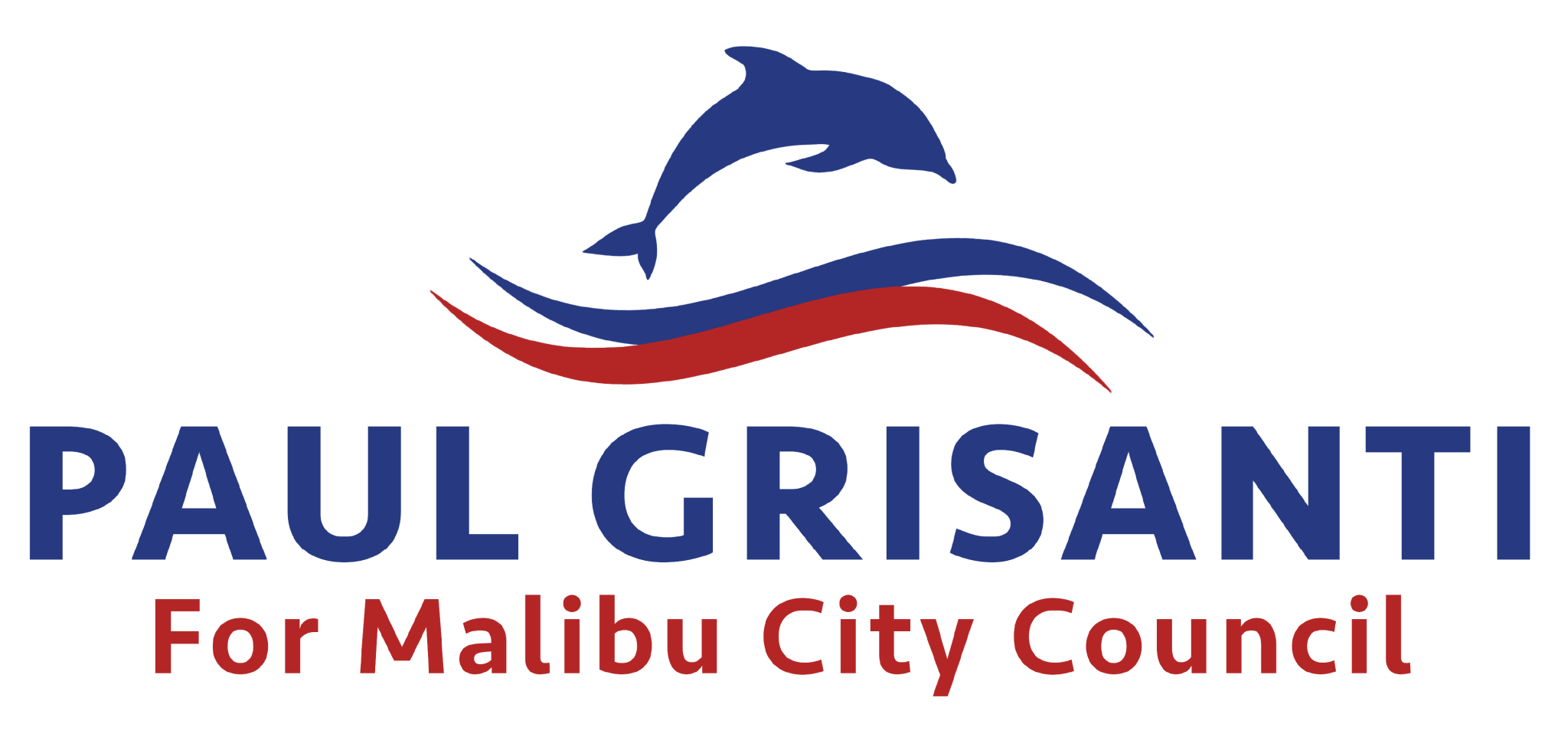After last weeks column “Moving right along, the way forward is clear” was printed, I was contacted by several people who were willing to share some of the challenges they are facing.
In a disaster situation you will probably not be dealing with an Insurance adjuster who is based in California. The sheer volume of claims resulting from the fires of last November forces the Insurance companies to bring in adjusters from other parts of the country. Construction costs opinions are likely to be entirely different than we experience. One of my correspondents had a gentleman from Tennessee who assumed a $200 a sq. ft. cost of construction was fair and reasonable for a hillside home.
Many of these adjusters have made a career of traveling to disasters of all sorts, picking up contracts from various Insurance companies, and beginning the files for as many losses as they snag. They then move on to the next disaster, fire, flood, hurricane, etc. and repeat the process. The files that they leave behind are then passed off to personnel at the Insurance company headquarters who may have never seen the property. The property owners find out that they now have a new person to talk to. The new person defends whatever the first adjuster wrote and is sufficiently insulated from our reality that negotiations get very difficult. Your insurance agent, unfortunately, has very little influence over the people at headquarters. If the Insurer has decided to flee the area, as many have since Woolsey, it gets even tougher.
If you were fortunate enough to have a recent video of your home and its contents from just before the fire that was stored offsite, the company will cave.
Failing a video and perfect receipts, the frustration level increases until the property owner feels they are forced to either hire a Public Adjuster or Attorney to push the insurance company towards an equitable settlement offer. The Public Adjuster or Attorney earns their fees by waging the battle for the property owner but that reduces the portion of the settlement that can be used to build the replacement house. The Insurance companies each have a host of “in house” and private attorneys who will then join in to protect their coffers.
In the short term the property Owner faces turmoil and uncertainty which makes it difficult to move forward with designing a replacement home. They are still trying to figure out how much they will have to build the replacement home while they continue to service the bank loan and pay for replacement housing. They realize that it is best for them to rebuild as quickly as possible and stop the double payments. They also realize that the City’s deadline for getting an application in of November 2020 is now only a little more than 15 months away. One reader mentioned that the next National and local election coming at the same time only adds to the uncertainty about the climate they will face.
How can the City help?
As a declared disaster those affected by Woolsey have 4 years from the date of the event to either invest in rebuilding or invest in a replacement property according to the Federal government. The City’s 2 year deadline to get your application in is a very positive push towards a timely rebuild. Their offer to waive your City permitting fees during that time for an owner-occupied principal residence is also admirable.
As we get closer to the Nov. 8th2020 cutoff, I think we will begin to see some pressure for a one year extension of the date. It might be wise for the existing City Council to express their enthusiasm for the idea so that a future candidate will not be able to use the idea to run against them.

